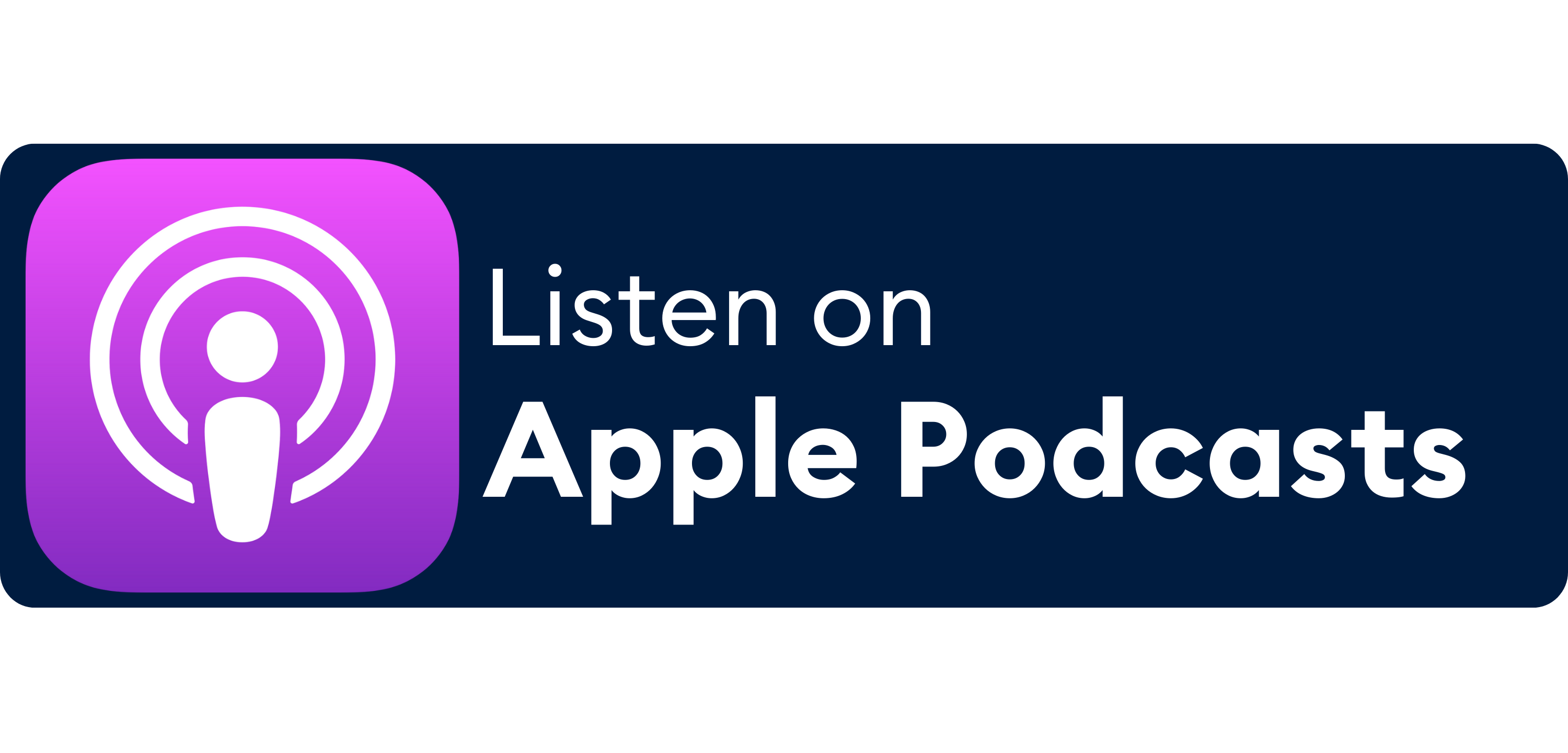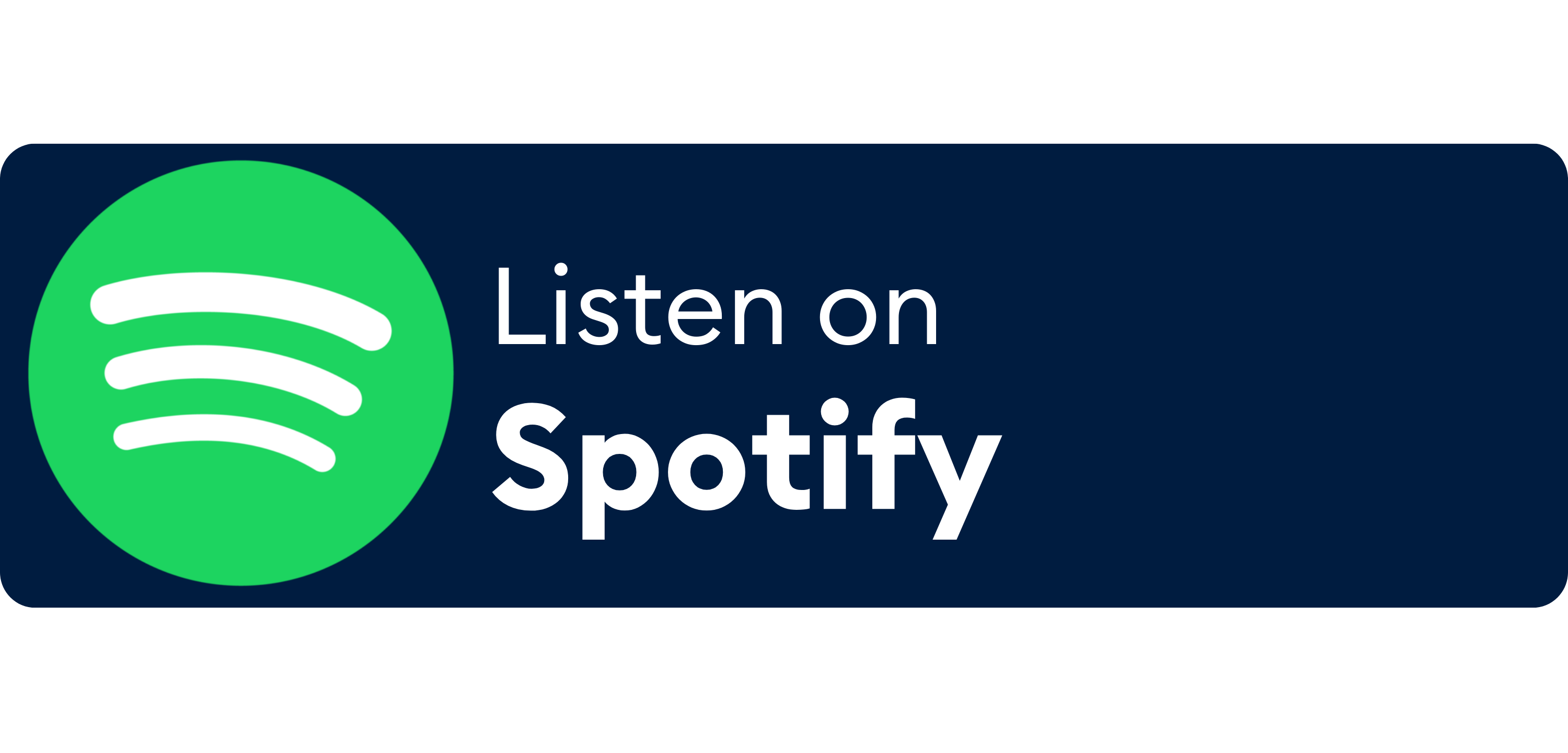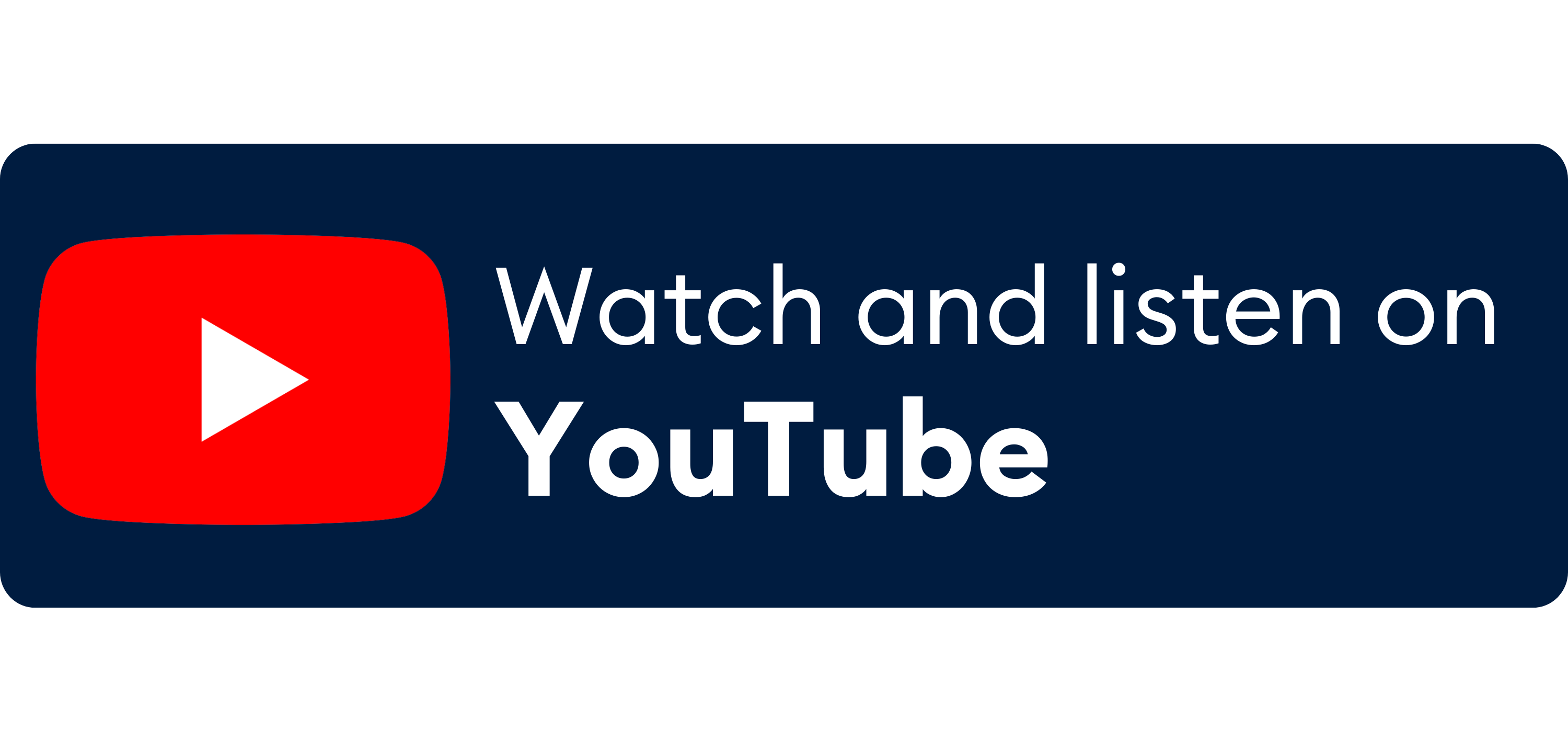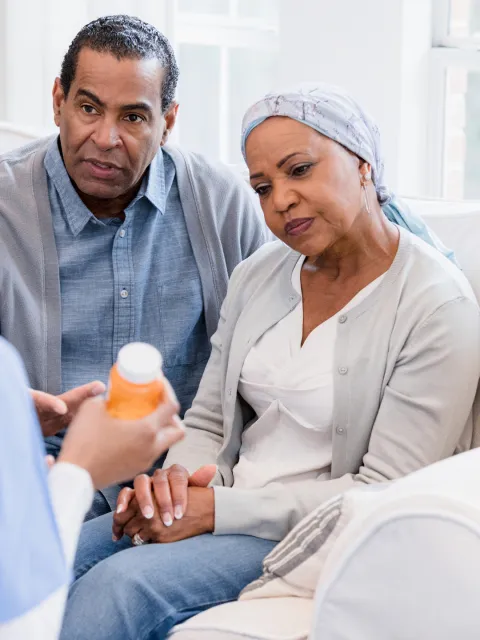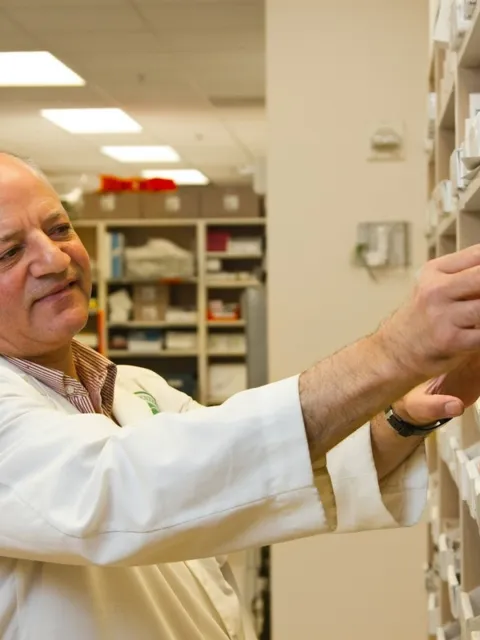Podcast "Let's Talk Cancer": Superbugs and drug resistance: a threat to humanity
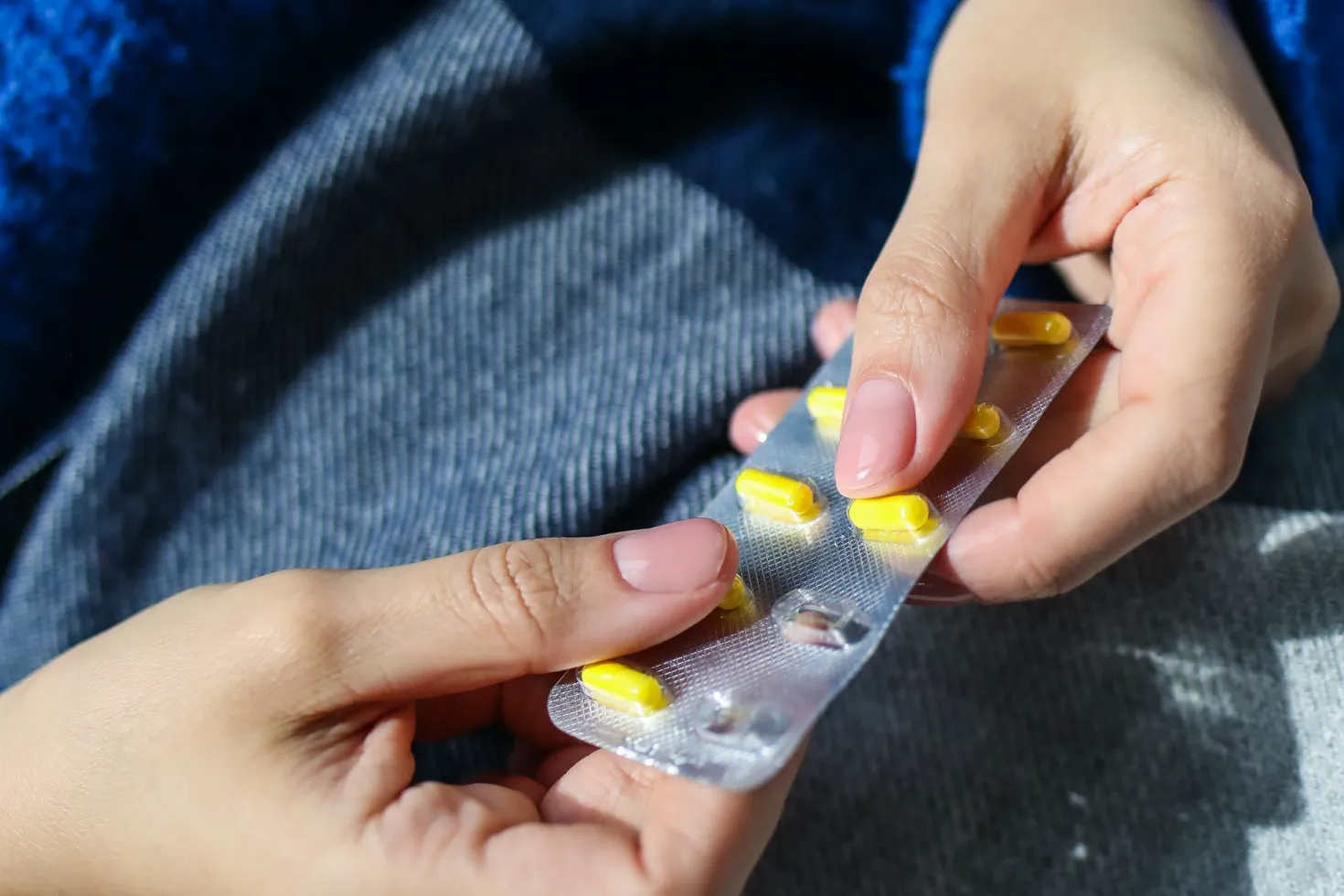
Drug resistance is one of the most serious health threats facing humanity.
Bacteria, fungi, viruses, and parasites are learning more and more to resist the medicines that are meant to kill them. These 'superbugs' can spread easily, increasing the risk of prolonged illness, or even death, from common infections. And the danger for cancer patients is particularly high. One of the reasons is the overuse and misuse of antimicrobial medicines.
By 2050, Antimicrobial Resistance (AMR) could cause 10 million deaths per year and cost more than USD 100 trillion to public health - if no action is taken.
On the occasion of World Antimicrobial Awareness Week from 18-23 November, Cary Adams, UICC’s CEO speaks with Professor Dame Sally Davies, UK Special Envoy on Antimicrobial Resistance and former Chief Medical Officer for England.
See podcast transcript below
Listen on: Spotify | Stitcher | Apple Podcasts | Amazon Music | Audible | Deezer
Get notified of new podcasts by email
Podcast transcript
Cary Adams: Welcome to Let's Talk Cancer. My name is Cary Adams, and I'm the CEO of the Union for International Cancer Control. Antimicrobial resistance, or AMR, is considered one of the most serious health threats facing humanity because of the overuse and misuse of antimicrobial medicines such as antibiotics, bacteria, fungi, viruses and parasites are learning to resist the medicines that are meant to kill them. As medicines become ineffective, these superbugs can easily spread, increasing the risk of prolonged illness or even death from common infections. The danger for cancer patients is particularly high. Life threatening infections can take hold during medical procedures such as surgery and chemotherapy. Cancer patients also tend to have an immune system weakened by their treatment, making them more vulnerable to infections. By 2050, AMR could cause 10 million deaths per year. We are joined today by Professor Dame Sally Davies, UK special envoy on antimicrobial resistance and former chief medical officer for England. Let's give some history. Antibiotics first developed and discovered penicillin. Alexander Fleming in 1928. So how do you think it's revolutionised medical treatment around the world?
Professor Dame Sally Davies: Antibiotics add an extra 20 years on average to everyone's life. For example, the survival rate of bacterial pneumonia dramatically increased from 20% to 85% between 1937 and 1964, a direct result of those antibiotics. I mean, a lot of people just associate antibiotics with bacterial respiratory infections, urinary tract infections, or even gastrointestinal infections. But think about it: without antibiotics, how could we manage organ transplants, cancer therapies, intensive care and surgical procedures? I had antibiotics when I had a cesarean section to protect me and the baby. Antibiotics revolutionised modern medicine, and the antimicrobials for fungi and viruses that came later are also important. And all of these, I would argue, are essential infrastructure for modern health systems. Imagine a hospital without antibiotics and antimicrobials. It's not worth thinking about. You just catch more infections and you'd be worse off going into hospital than staying at home. And it's worth noting as well as we talk about that, that people still die because of a lack of access to antibiotics. More die that way than of resistance. So that demonstrates their importance to everyone.
Cary Adams: They're clever, though, aren't they, these microbes? Because over time, they've learned that certain antibiotics, they can avoid them, you know, they don't work anymore. So they're becoming resistant to antibiotics. This seems to be the the main challenge we have. Why is this?
Professor Dame Sally Davies: Well, they are programmed for survival of the fittest, as is the rest of life on this planet. And what happens is that they keep making little changes within their genetic material. And if they encounter an antibiotic or an antimicrobial, the one that has a little genetic change that gives it the opportunity to live and prosper and propagate will be the resistant one, whereas the others will die. And you might think, well, that's minor, but think about how fast they multiply. Bacteria multiply every 20 minutes. So if you've got a resistant one, they really make a big population of resistant ones very quickly. But then they're also terribly clever bacteria. They pass these resistant genes to their cousins, aunts, friends who then can pass them to their children. They can pass them by direct contact, but also just by letting it out into people's plasma or into fluids like the waterways. So you can see how once you've got a resistant gene, how it multiplies, and then the bugs multiply as well. And if we misuse antibiotics, then what we do is push the development of these gene changes rather than kill the bugs. And that's what happens. And, you know, our modern lifestyles are not contributing terribly well to all of this. There are some amazing studies coming out at the moment, one looking at honeybees and showing how they're picking up these genes and bacteria as they go on their journeys and how spread out these genes are. Another looking at air, going over volcanoes and then coming, pouring down from those clouds rain and showing how antibiotic resistant bacteria are in those. So we know that these are widespread and that people, if they have those in their infection, are more likely to die. This matters to all of us.
Cary Adams: The WHO has called AMR an "existential threat" to the human race. I mean, it seems quite alarmist, but what's your position on that?
Professor Dame Sally Davies: Absolutely. I care passionately about this, and it is partly based on my own personal history. My former husband had leukemia. He had infections. It wasn't a bacterial resistance that killed him. But on the other hand, I saw the importance to cancer patients, leukemia patients, of having anti-infectives that work. And if you multiply that by the number of people who've got cancer, organ transplants, diabetes, all these conditions where if you get an infection, you're really at risk of dying. It is scary. And we have to protect these people.
Cary Adams: I think if I just linger on that for a moment, I think, you know, before I was involved in global health, I mean, antibiotics for me were things that everyone should get hold of as soon as you had a cough, a cold or whatever it may be. And it seemed to be quite freely available in the UK when I was growing up, whenever there was an infection the doctor would prescribe antibiotics. But of course that's something which probably we shouldn't be doing, and certainly something which you don't recommend now because most infections go normally. But when you get to cancer patients where they are undergoing treatment over sometimes a long period of time, and it's quite invasive either through surgery or radiotherapy and chemotherapy, they are more open to infections. And at that point antibiotics are critical. So how important do you think they are to our community, which is the cancer community? Are antibiotics as important as chemotherapy radiotherapy? What's your view?
Professor Dame Sally Davies: I think antibiotics and other antimicrobials, antifungals are terrifically important to cancer patients. After all, we know that as many as 1 in 5 cancer patients undergoing treatment are hospitalised with an infection. So antibiotics and other antimicrobials are their main line of defence. Pneumonia and sepsis, that's bacterial infection of the blood, are the most frequent cause of admission to intensive care for cancer patients, and it's estimated that at least 8.5% of cancer deaths are due to severe sepsis. So, you know, if we don't protect our antibiotics and antifungals and everything, we're not protecting our patients. And we have surveys showing that 95% of oncologists worry about the impact of superbugs on the future of cancer treatments. Nearly half of those surveyed, actually, 46% said they think chemotherapy will at some point become unviable. And it's not that far away if we don't sort this out. So I don't want people to take antibiotics if they don't need them. I feel very strongly about that. So they are available for those like cancer patients when they do need them.
Cary Adams: The board had an amazing conversation about two years ago discussing what we call horizon issues, and AMR was one of those issues that the board discussed. And the conclusion of the board was that the cancer community needed to be advised about AMR, because it wasn't something that is particularly familiar across our community. And for them to understand exactly what you said: without addressing AMR, cancer patients through their cancer treatment could die from an infection, which seems really a terrible conclusion from having identified a cancer and going through treatment to die from an infection. But it does feel like a very complex issue. We have attempted to simplify the issue and communicate it across the cancer community. So we become ambassadors for AMR as a community going forward. But it seems to be something that's quite difficult to get across to policymakers and others, just how serious this is and what it actually is. I mean, you've been campaigning for many years. What do you think about that, the communication of the issue. Do you think we're getting it right or wrong?
Professor Dame Sally Davies: Well, we haven't done well enough because we're still in the midst of a mess. So I need to learn more. And we need all of us to work together, because I have a recurrent nightmare of meeting an oncologist who says, "Sally, you've got cancer, so we can treat it. We may well cure it, but you'll get an infection and we may not be able to treat that. Do you want to take that risk or do your bucket list?" So how do we explain it? I think we just have to talk about it a lot. But also we have to try novel methods. So we've got a wonderful musical called "The Moles That Changed the World", which looks at the effect of AMR through theater. We took it to sell out to theaters in the East Coast of America, to showcased it to the UN Global Leaders Group on AMR, even a pop up in the Houses of Parliament. So, you know, with scientists and health care professionals as part of the chorus and teachers, it really helps to connect on the communications so it can be done. But it needs commitment, energy and as you say, communication. How can we get cancer patients as ambassadors about the need to deal with AMR and make their lives better and longer? So let's start with remembering the communication, education, engagement and remembering that no health system is safe from this. We're only safe when the whole world is.
Cary Adams: I think, a turning point for me in my journey on this was reading the very sad story about a couple who were with their daughter. I think the daughter was about 11 or 12 years old and had been identified with a cancer that could be treated successfully, not a childhood cancer that could be treated well and in hospital at one of their visits she started to develop a temperature and 24 hours later was dead and had died of an infection. And it's those stories, I think, that really hit you and that you recognize that the journey through cancer can be in some parts of the world, and maybe many parts of the world is actually, as you described earlier, going into a hospital could be the cause of your death as opposed to the cancer itself, which is very, very worrying. And certainly in the future could get worse. What are the things that we can do about it, though? What about development of new antimicrobial resistant medicines?
Professor Dame Sally Davies: There is a lot of hope and reliance actually on R&D for antimicrobials. At the moment, the basic science is going pretty well and over the last decade the funding going into it has risen. Where we have a problem is pulling that forwards from science and understanding of bacteria and targets for new treatments to getting the treatments. We are getting some of them, but then the companies go bust and what we have is a classic market failure that we are not prepared to pay enough for these drugs. So then the companies don't make them and they just put them on the shelf, and yet they save lives. But think about a company they make their money from selling drugs, and we only want to use the new drugs to save lives. And we want to restrict their use so resistance doesn't develop. In Britain, we developed a subscription mechanism called a pull mechanism. We've nicknamed it our Netflix mechanism, where we pay for the value of that drug not just to the patient but to society. And we worked out a payment and assessment and payment system where we give an annual subscription to the company so they know they're getting paid for the next 3 to 10 years, however little or much we use. So we can steward look after the drugs so they can save lives. So we've been pushing this through the UK's G7 presidency 2 or 3 years ago, and now the G7 finance ministers talk about this and are pushing each other to join in. Germany has a methodology. Japan is joining in. The Americans have something called the Pasteur Act on the hill, but they've really got to pass it. So if you've got Americans listening, please, will they go and demand that the Pasteur Act is passed? Because then we will get new drugs? Isn't it amazing we can spend $100,000 on a new cancer treatment, but we don't want to spend $10,000 on a new antibiotic to save the life of that cancer patient.
Cary Adams: Sally, it's really strange how things come together. So you probably don't know that I have two sons, and my oldest son, Rory, has a number of businesses. But from the age of 11 onwards, he became passionate about magic. And he put on Instagram over 200 days, a trick that he had made up himself when he was about 17. And he was employed by Dynamo the magician in the UK. And that's when I first got involved in the magic world. And the magic world is interesting because you see Dynamo and you think he's brilliant, but he has a team of young magicians around him who design all their tricks. So my son is part of this community of these amazing young people who are employed by magicians to devise new tricks. Now, I know this is a long path, but what you were saying there about antibiotics is the same as magic tricks. The magician who makes it up like Rory, he wants to sell as many as possible around the world to get as much money as possible. And all the magicians don't want anyone else to get it. Because a magic trick is worth nothing if everyone knows how to do it. The magicians have solved this problem because actually, Rory is on commission all the time, exactly the same model. He is on commission, so he'll get his income irrespective of if the trick goes big or small, it doesn't matter. So it's only when you were saying that I thought, "My God, the two different sectors of the world with exactly the same challenge. How do you produce a new product into a market where no one wants to use it?" Sally, we've gone through Covid, we saw incredible innovation and develop a vaccines really rapidly, and I have no idea how many lives that saved, but it's pretty impressive what happened. What's the potential for vaccines and AMR. Any views on that?
Professor Dame Sally Davies: Well, vaccines are terrifically important. If you prevent an infection, whether it's from a vaccine or actually washing your hands and having clean water, infection prevention and control in in health facilities, then you don't need treatment, then resistance isn't an issue. So we really believe in vaccines. And there's a really nice example that happened in Pakistan between 2016 and 2020. They had 22,000 or more typhoid cases reported, almost 70% of which were drug resistant, and the children were dying. And then in 2019, there was a new typhoid vaccine, a typhoid conjugate vaccine, and they were the first country in the world to introduce it, begin mass vaccination with it, and got a 66% reduction in typhoid cases. So there's a very obvious example, and I have dreams of before I go into hospital for treatment, when I get really old, that I'll have a vaccine or phage treatment against E coli to protect me, infecting myself from my own gut. We think this is so important that next year we have a Royal Society meeting on vaccines for AMR, and we hope that that will contribute to the discussions of AMR at the high level meeting in the UN General Assembly in 2024.
Cary Adams: Well, perhaps we could go on to that now. Some of them are really effective. I mean, you get a sense of ambition, an excitement. Member states pull around the topic matter. You can see the outcomes, it's really quite robust with a timeline of review and things like that. Sometimes they're not and sometimes it's a bit of a tick box exercise, I feel. But what are your hopes for the for the high level meeting on AMR in 2024?
Professor Dame Sally Davies: I want us to have some real outcome targets. I want One Health targets because, you know, it's not just humans that are dying and getting very sick with drug resistant infections. Our food security, our food chain is at risk and we're contaminating the environment. So what do I want to see? I want to see the WHO Aware Book guidelines put into practice across the world. That means patients and ill people in low and middle income countries will get the access to the treatments they need routinely every day, while reserve paying for hospital treatment and care. The really heavy antibiotics. I also want us not to follow the Food and Agriculture Organization and WHO guidelines so that medically critical antibiotics are not used in the food chain and that they do not use antibiotics for growth promotion. So we really need all of that as a baseline. But then we need to have innovation in new treatments, in new diagnostics and ways like the pull mechanisms we've been talking about to get those to come through and be available. Countries all signed up in 2016 at the last high level meeting to write national action plans. I thought if you wrote one then you'd do something about it. Many countries now have them, but there are far too many countries that can't afford to put them into practice. So we really need to make sure that their support and helped through development, banks, aid and everything else. So while all that's going on, how do we develop a robust accountability framework that pushes people to set their targets, to come back and say where they are, that supports innovation and access and brings everyone together? So it's a big shopping list, but I think we can wrap it up as moving steadily forwards from where we are at the moment.
Cary Adams: Your point about action plans at national level not being implemented or resourced is, of course common across national cancer control plans as well. We face the same difficulties and it's the international community which pulls together to help those countries that have the ambition, but maybe not the resources to actually implement what they need to do to protect their their people. So are you optimistic that the more high level meeting in 2024 will be have a greater impact on the previous one?
Professor Dame Sally Davies: The high level meeting in 2016 had quite an impact. It's the first time people outside the medical world understood what was going on, but we didn't get enough action. I really believe that 2024 one, we can move dramatically forward with the development of targets and accountability mechanisms, and pushing and pulling innovation that will help everyone across the world.
Cary Adams: The UICC board two years ago said that we should set this as our target. So by 2024, we want the cancer community to be the voice of AMR, because there isn't a patient voice for AMR and we want to be that. So what's your advice to the UICC and the cancer community? What can we do over the next 12 months to ensure that that ambition that you have is fulfilled in September 2024? What is it that we can do to help?
Professor Dame Sally Davies: I'm thrilled you want to be the face of AMR, because clearly cancer patients and their families are at the centre of this. Cancer patients come from every walk of life. Are they journalists so they can write things or film things? Are they politicians who can demand their governments take action? Are they businesspeople like investors who say, why are you misusing in the food chain antibiotics? And if they feel that they can't use their roles like that, they should always be saying to their doctors and their health systems, please fight for us on AMR. Please help us get good treatments now and good treatments going forward. But I think a system of ambassadors of cancer on AMR across the world would be wonderful.
Cary Adams: Well, Sally, I'm occasionally asked why is UICC involved in AMR and I know now I will refer them to this podcast. Thank you very much for all the great work you do. Sally, always a pleasure to talk to you and let's hope we can make change happen.
Professor Dame Sally Davies: I mean it, I think together we can really move mountains.
Cary Adams: Thank you for listening to Let's Talk Cancer. We hope you enjoyed this episode. If you have a moment, please do give us a rating and share the podcast. It really helps us reach a wider audience and inform more people about issues surrounding cancer. For questions and comments, don't hesitate to get in touch at communications@uicc.org And if you'd like to know more about cancer and AMR, please come to uicc.org and see the dedicated pages on AMR
Last update
Wednesday 08 November 2023